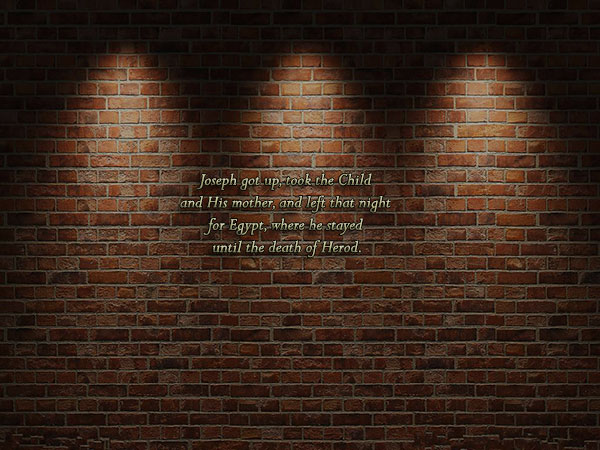Mt 21:33-43, 45-46
“Listen to another example: There was a landowner who planted a vineyard. He put a fence around it, dug a hole for the winepress, built a watchtower, leased the vineyard to tenants, and then went to a distant country. When harvest time came, the landowner sent his servants to the tenants to collect his share of the harvest. But the tenants seized his servants, beat one, killed another, and stoned a third.
Again the owner sent more servants, but they were treated in the same way.
Finally, he sent his son, thinking, ‘They will respect my son.’ But when the tenants saw the son, they thought, ‘This is the one who is to inherit the vineyard. Let us kill him, and his inheritance will be ours.’ So they seized him, threw him out of the vineyard and killed him.Now, what will the owner of the vineyard do with the tenants when he comes?” They said to him, “He will bring those evil men to an evil end, and lease the vineyard to others, who will pay him in due time.”
And Jesus replied, “Have you never read what the Scriptures say? The stone which the builders rejected has become the cornerstone. This was the Lord’s doing, and we marvel at it. Therefore I say to you: the kingdom of heaven will be taken from you, and given to a people who will produce its fruit.When the chief priests and the Pharisees heard these parables, they realized that Jesus was referring to them. They would have arrested him, but they were afraid of the crowd, who regarded him as a prophet.
REFLECTION
Today’s gospel is an allegory that refers to real persons and incidents in Israel’s history. God is like the landowner in this story who did not receive what was due him from the wicked tenants. God has given us resources and talents, not meant for us alone, but for others as well. Like the self-serving tenants, we are tempted to keep and hoard these gifts for ourselves, rejecting God’s intention that these be shared. Thus the theme of rejection—of God and of God’s messengers—is repeated in the story’s progression to remind us of our sinful tendency to reject God and those who stand for the truth. Human history gives testimony to the rejection of many who fight for truth and justice. Like Jesus, they suffer rejection, imprisonment and torture but eventually find themselves saving their own people. Rejection is a human reality we experience that leaves gaping wounds and marks in our psyche and spirit. Yet rejection is an essential part of the salvific process. Rejection led Jesus to the cross in fulfillment of his mission to save us from our tendency towards self-destruction. Rejection marks anyone who seeks to follow Jesus and to live his mission.
CLARETIAN COMMUNICATIONS FOUNDATION, INC.
8 Mayumi Street, U.P. Village, Diliman, 1101 Quezon City, Philippines
Tel.: (02) 921-3984 • Fax: (02) 921-6205, 927-7429
Bookstore: (02) 924-6835
Email: ccfi@claretianpublications.com / cci@claret.org
Website: www.claretianpublications.com





